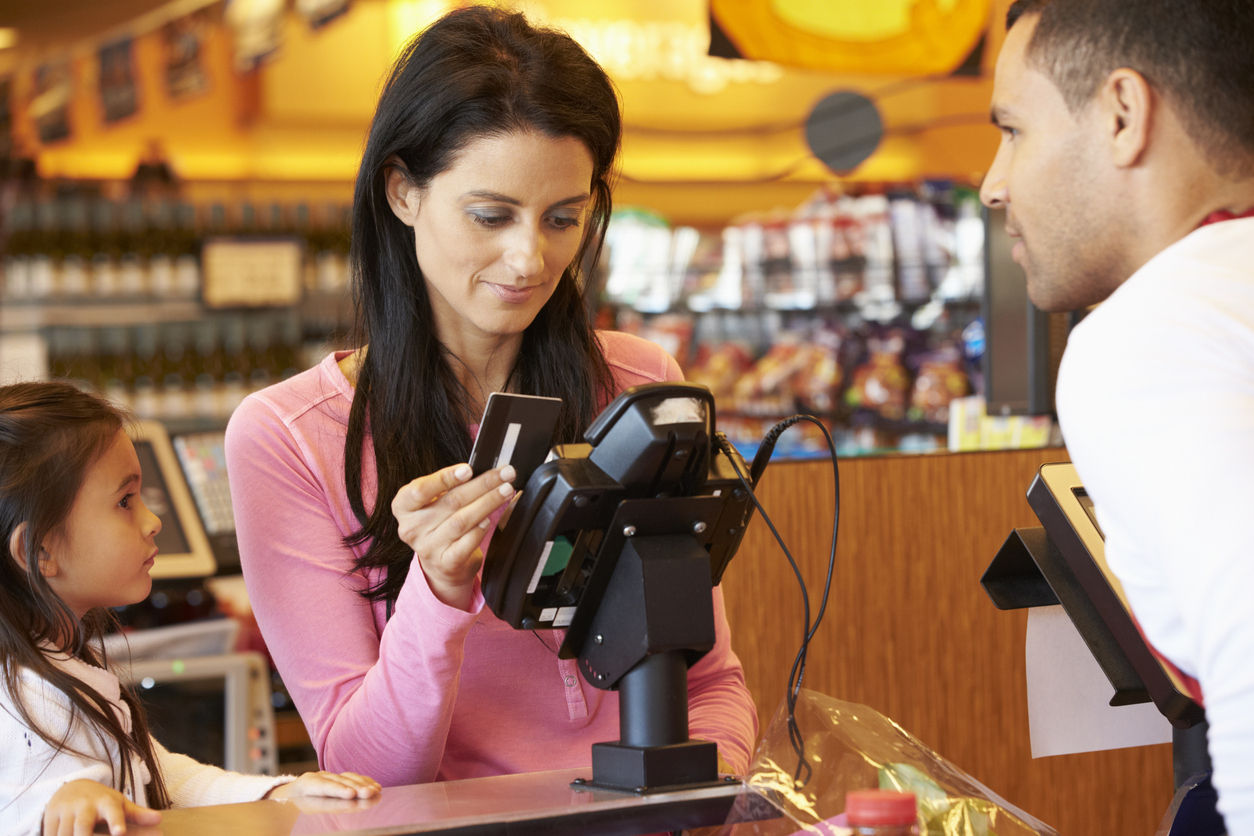
DO you keep quiet if you’re under-charged in a restaurant? Or return used clothing to the shop?
New research suggests our morals around money may be changing.
The study found that “wardrobing” – whereby someone buys an item of clothing, wears it, then returns it to the retailer for a refund – may be becoming more acceptable.
One in three 18 to 29-year-olds surveyed would be prepared to buy, wear and return something bought online.
But only one in 10 people in their fifties believes doing this is acceptable, the Chartered Institute for Securities and Investment (CISI) found.
The research suggests behaving unethically may be deemed more acceptable when it affects a company or large commercial entity, rather than a person.
While 17% of people surveyed would be willing to wear and return an item they had bought online, only 11% would do this at a local shop – where they would have to deal with a store assistant face-to-face.
The thought of brazening it out at the tills with a queue of tutting customers waiting behind may well put some people off trying their luck.
The survey also asked people how they would react if, following a meal, they noticed the waiter had left off a round of drinks bought at the bar beforehand when adding up the bill.
Two-fifths (39%) of people would be happy to say nothing.
Again, there were age variations, with 51% of 18 to 29-year-olds versus 35% of 50 to 59-year-olds finding this acceptable.
Simon Culhane, chief executive of the CISI, says: “This survey has demonstrated that ethical behaviour and motivation on a day-to-day basis can be affected by gender, age and money.”
He says technology is also a significant factor, as it has removed the need to interact face to face – which, he says, “could point to our becoming desensitised to the person behind the corporate entity, firm or online retailer”.

Enjoy the convenience of having The Sunday Post delivered as a digital ePaper straight to your smartphone, tablet or computer.
Subscribe for only £5.49 a month and enjoy all the benefits of the printed paper as a digital replica.
Subscribe